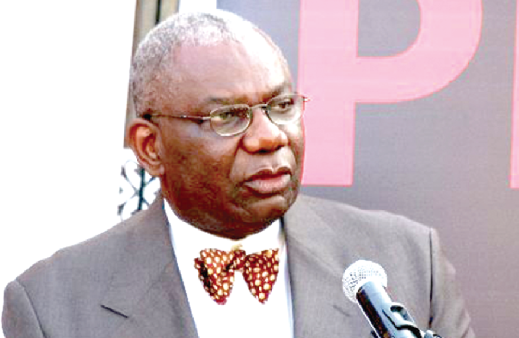
Ghana’s oil and gas sector best-governed in SSA - Challenges remain
A global index assessing 81 countries’ oversight of natural resources has found that Ghana performed satisfactorily in many essentials of resource governance.
Ghana is one of eight countries in the index for which both mining and oil and gas sectors were assessed and researchers reported significant variations in governance between the two sectors.
Ghana’s oil and gas sector scored a satisfactory 67 of 100 points in the 2017 Resource Governance Index, making it the best performing extractive sector in sub-Saharan Africa.
In oil and gas, Ghana performed consistently across all three components of resource governance — value realisation, revenue management and enabling environment. However, within the revenue management subcomponent, its performance varied considerably from good sovereign wealth fund governance to poor national budgeting.
NRGI Africa parliamentary capacity development officer, Adams Fusheini, said “Resource governance in Ghana is improving and the media and civil society are well positioned to hold governments and companies to account here. The country has performed well as an oil producer but macroeconomic concerns threaten the chances of benefits reaching citizens.”
The Ghana Stabilisation Fund is the index’s second-best governed behind only Colombia’s Savings and Stabilisation Fund. Ghana’s fund was found to be better governed than many with much greater assets including those of many oil-rich states in the Persian Gulf. Ghana’s good performance is a result of clearly defined rules for deposits, withdrawals and investments, audit and parliamentary oversight mechanisms and adherence to these requirements.
Despite these positive findings, governance of revenue management in Ghana fell behind that of some other states with emerging hydrocarbons sectors. Uganda, for instance scored more than 10 points higher than Ghana in the national budgeting category.
The country’s mining sector performed better than equivalents in many of its African neighbours. However, it is older and longer established than Ghana’s hydrocarbons industry. The latter had evolved during an era of more stringent governance and of more modern institutional structures. This has led to an 11-point performance gap between the two sectors’ governance scores. Indeed,
Ghana’s gold mining company, Sankofa Prestea, scores far below its petroleum sector peer and parent company, Ghana National Petroleum Corporation (GNPC).
Ghana performed well in taxation in both sectors. Disclosures are better and more timely for oil and gas as compared to mining, though contracts with extractive companies are not disclosed.
“It’s good news that Ghana is performing better than many other African countries – particularly in terms of the governance of its sovereign wealth fund,” said Adams. “But there should be no complacency in Ghana – there is still plenty of room for improvement to bring the nation up to international best standards.”